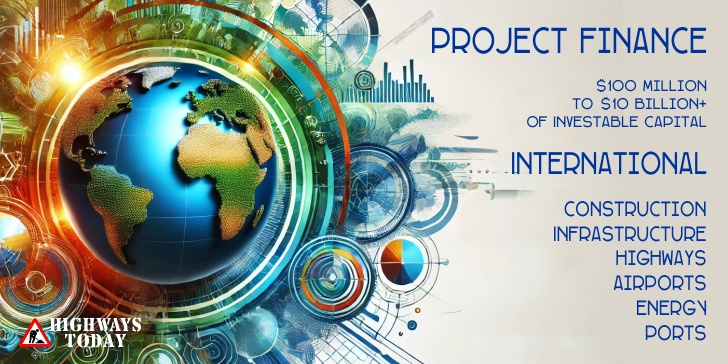Private Debt set to be traded as Tokenized Assets
Major financial institutions believe private debt will be the first asset to be tokenized and routinely traded digitally, new global research from industry association Global Digital Finance (GDF) shows.
Its study with finance firms in the US, Asia, Europe (including the UK) and the Middle East responsible for more than $221.75 billion assets under management found 70% selected private debt as the first asset to be tokenized and routinely traded ahead of 62% selecting Money Market funds.
However, the research by GDF, which is focused on accelerating digital finance through the adoption of best practices and standards and engagement with regulators and policymakers, found the firms questioned would be most interested in tokenized infrastructure funds when asked to choose among alternative assets.
The table below shows the asset classes respondents believe will be the first to be tokenized and routinely traded, as well as the tokenized alternative assets their firms would be most interested in.
| Asset class that financial institutions believe will be first tokenises and routinely traded | Percentage of financial institutions selecting | What kind of tokenized alternative assets is your firm most interested in? | Percentage of financial institutions selecting |
| Private debt | 70% | Infrastructure | 57% |
| Money Market funds | 62% | Commodities | 53% |
| Mutual funds/ETFs | 56% | Derivatives | 51% |
| Private stocks | 53% | Futures | 45% |
| Public stocks | 29% | Hedge funds | 41% |
| Public debt | 22% | Private debt | 36% |
| Alternatives | 8% | Private equity | 16% |
Almost all (92%) questioned said their firm had started to see benefits from tokenization and digital trading while 79% have experienced cost savings from a switch to digital assets.
81% respondents believe the biggest benefit from tokenization and digital trading is increased transparency, with 75% pointing to increased liquidity of illiquid assets and 71% faster and more efficient trading. Around half (46%) said increased liquidity in general is the biggest benefit while 23% cited lower compliance costs.
59% respondents pointed to in-house or third-party custody costs being the key cost saving from their firm’s switch to digital assets, with 53% pointing to reduced regulatory compliance and reporting costs and collateral management. Around 40% said switching to digital assets cuts research and development costs in areas such as product development while 25% believe switching to digital assets reduces distribution costs.
Lawrence Wintermeyer, Executive Co-Chair at GDF said: “Private debt is seen as the asset class most likely to be the first tokenized and routinely traded but there are also expectations that Money Market funds and mutual funds and ETFs will not be far behind.
However, firms questioned are most interested in seeing infrastructure funds tokenized when it comes to alternative assets. Almost all are agreed that there are major benefits and cost savings from adopting tokenization and many are already experiencing them.”
The GDF mission is to make finance global and digital. Digital assets and digital financial market infrastructure have the potential to reshape financial services and markets to create truly global, accessible, and inclusive finance.
GDF is the world’s largest open innovation community advancing digital finance. The GDF community works to promote and underpin the greater adoption of market standards for the use of crypto and digital assets, through the development of best practices and governance standards in a shared engagement forum with industry, policymakers and regulators.






























